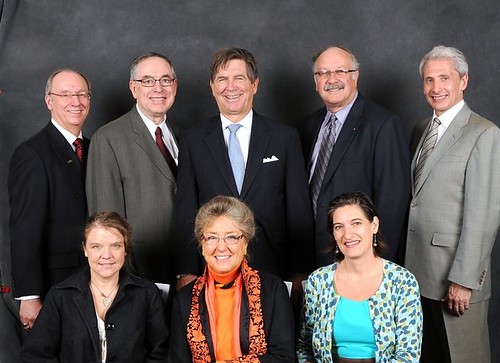 Anand Sudarshan, chief executive officer and managing director of Manipal Education, engaged the International Plenary Luncheon with a thoughtful analysis of education in India. He maintained that India, which comprises one sixth of humanity, is in a unique position to invent the future.
Anand Sudarshan, chief executive officer and managing director of Manipal Education, engaged the International Plenary Luncheon with a thoughtful analysis of education in India. He maintained that India, which comprises one sixth of humanity, is in a unique position to invent the future.
India's strengths, according to Sudarshan, reside in its English-based education structure, the emphasis on education within the family, and a large youth population. Western universities need to focus on three things in order to collaborate most fluently with India in this process:
- Look for new engagement models (standard approaches will have limited success)
- Embrace the theory of obliquity (complex goals are often achieved indirectly)
- Be patient (but have a sense of urgency)
In conclusion Sudarshan stressed, "Deep collaborations are not easy, but they will create an enduring future for India."
Another highlight of the plenary luncheon was the presentation of the 2011 Senator Paul Simon Awards for Campus Internationalization to representatives from eight U.S. institutions.
Beloit College, Indiana University-Purdue University Indianapolis, Kennesaw State University, Macalester College, and New York University received 2011 Senator Paul Simon Awards for Comprehensive Internationalization.
Barnard College, University of Rhode Island, and University of San Diego received 2011 Senator Paul Simon Spotlight Awards, which are presented to institutions with specific innovative international programs or initiatives.

Back row (left to right): Charles Bantz, IUPUI; James Buschman, NYU; Daniel Papp, Kennesaw State University; Donald DeHayes, University of Rhode Island; Scott Bierman, Beloit College.
Front row (left to right): Paula Paul-Wagner; Macalester College; Dee Aker, University of San Diego; Gretchen Young, Barnard College.
